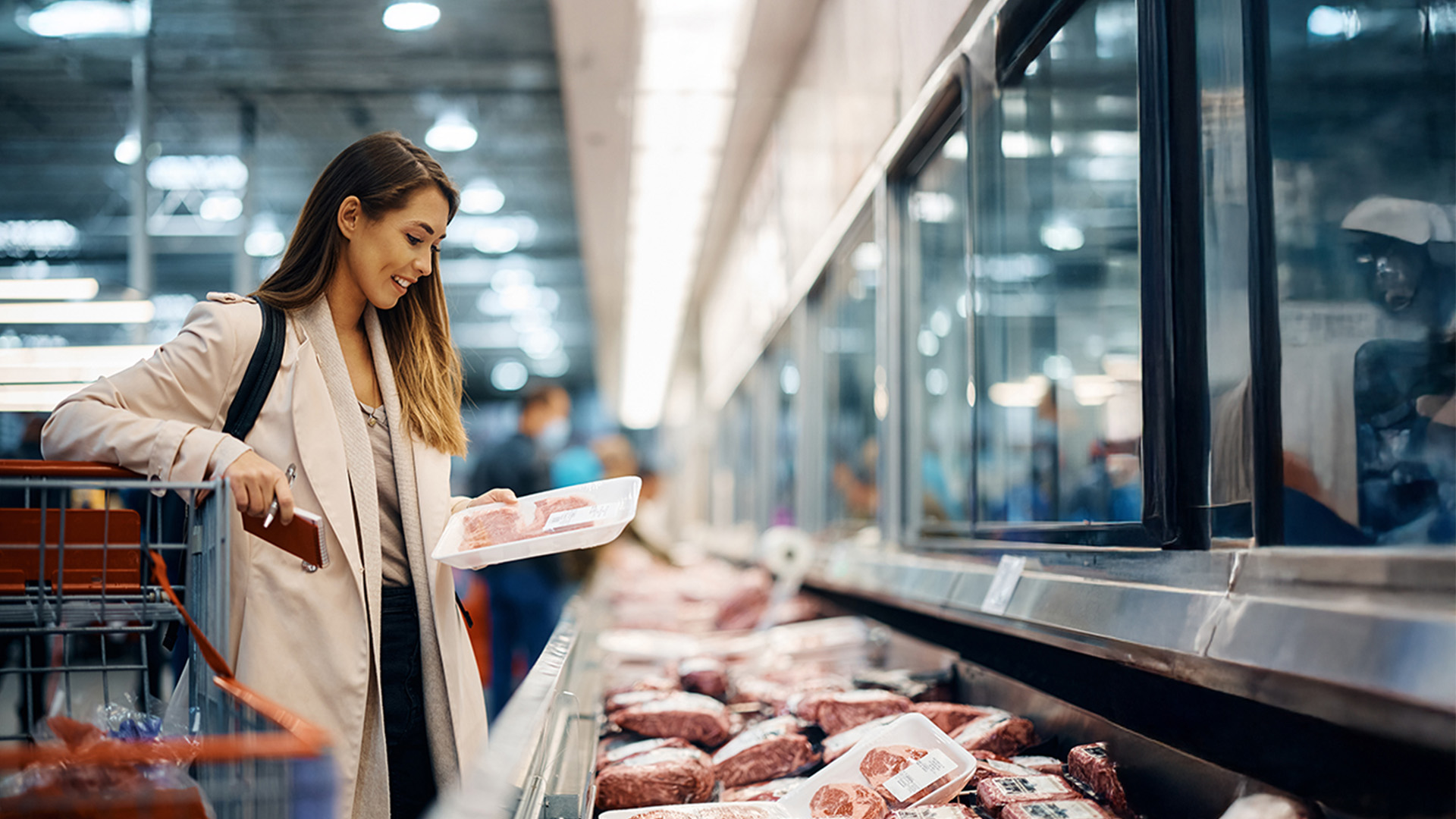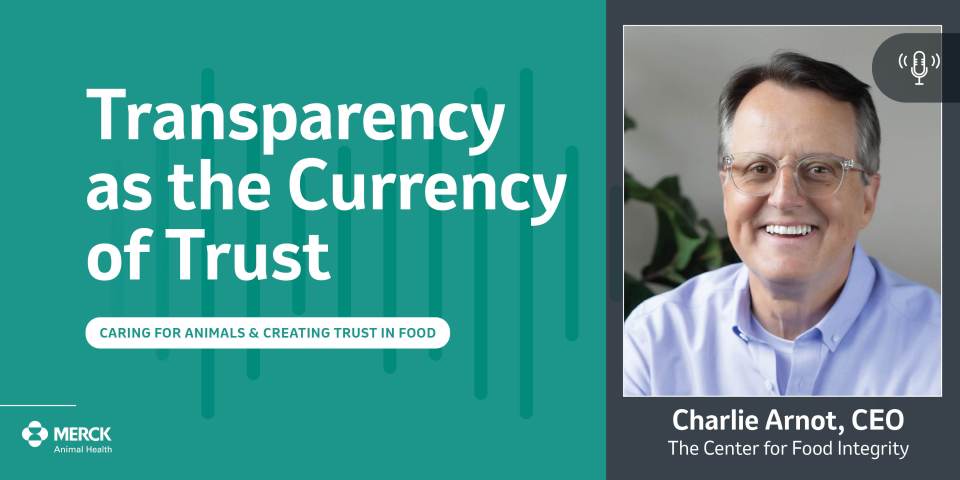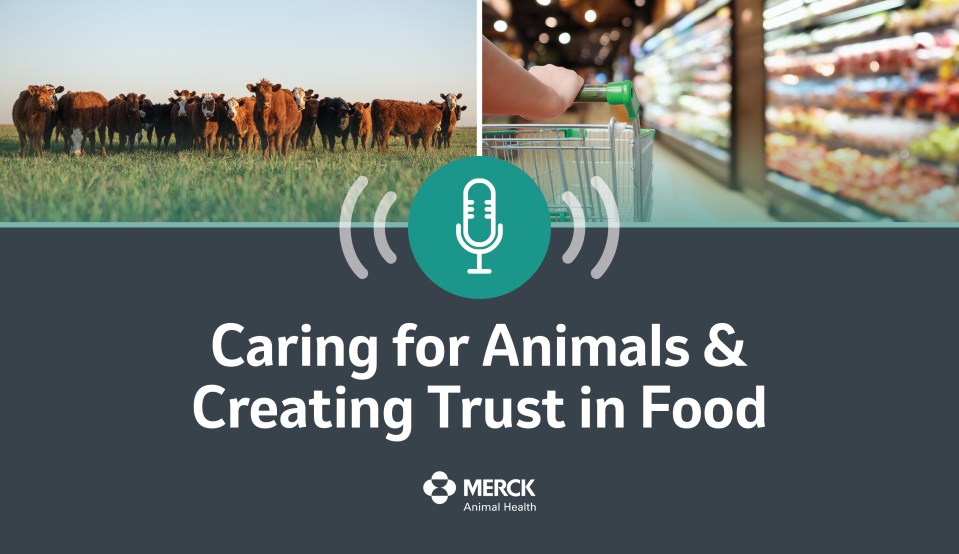Technology. Transparency. Trust.
We deliver transparency through innovative technology, data and valuable insights.
By engaging as a trusted partner and collaborating with food value chain stakeholders, we can find ways to build consumer trust in food, increase understanding of modern production agriculture and promote continuous improvement in animal protein production.

Farmers, ranchers & veterinarians prioritize animal health and welfare

Food supply chain transparency is important to consumers

Farmers use progressive animal health practices & innovative technology

Consumer interest in food supply chain transparency continues to grow
Consumer Trends Toward Transparency:
A Deep Dive
Today’s consumers seek more than just nutrition from food; they demand supply chain transparency – clear information about how their food is grown, raised and produced, while also considering the ethical implications of their choices. Price, taste, and convenience are no longer the sole drivers of purchase decisions. Explore the trends toward transparency in animal protein, the expectations consumers are placing on the industry, and how stakeholders can respond effectively.

Transparency Builds Trust with Consumers
Stakeholders across the food supply chain face increasing skepticism from customers, consumers and investors demanding transparency, not only on food safety and ingredients, but also animal welfare, labor/business practices and environmental impact. In our first-ever Transparency in Animal Protein consumer research study, two-thirds of consumers reported transparency in animal protein – meat, fish, eggs and dairy – is extremely or very important and they also identified animal care and sustainability as important purchase considerations. Center for Food Integrity’s CEO Charlie Arnot is our guest on the Caring for Animals & Creating Trust in Food podcast.


Caring for Animals & Creating Trust in Food Podcast
Today’s global consumers are very clear in their demand for safe, affordable, and sustainable protein. To continue to meet these rising expectations requires both leadership and collaboration with food value chain and supply chain stakeholders, academia, and the veterinary community. Merck Animal Health is pleased to amplify the voices of leaders throughout the food value chain on the Value Chain & Consumer Affairs Team podcast, Caring for Animals and Creating Trust in Food.


